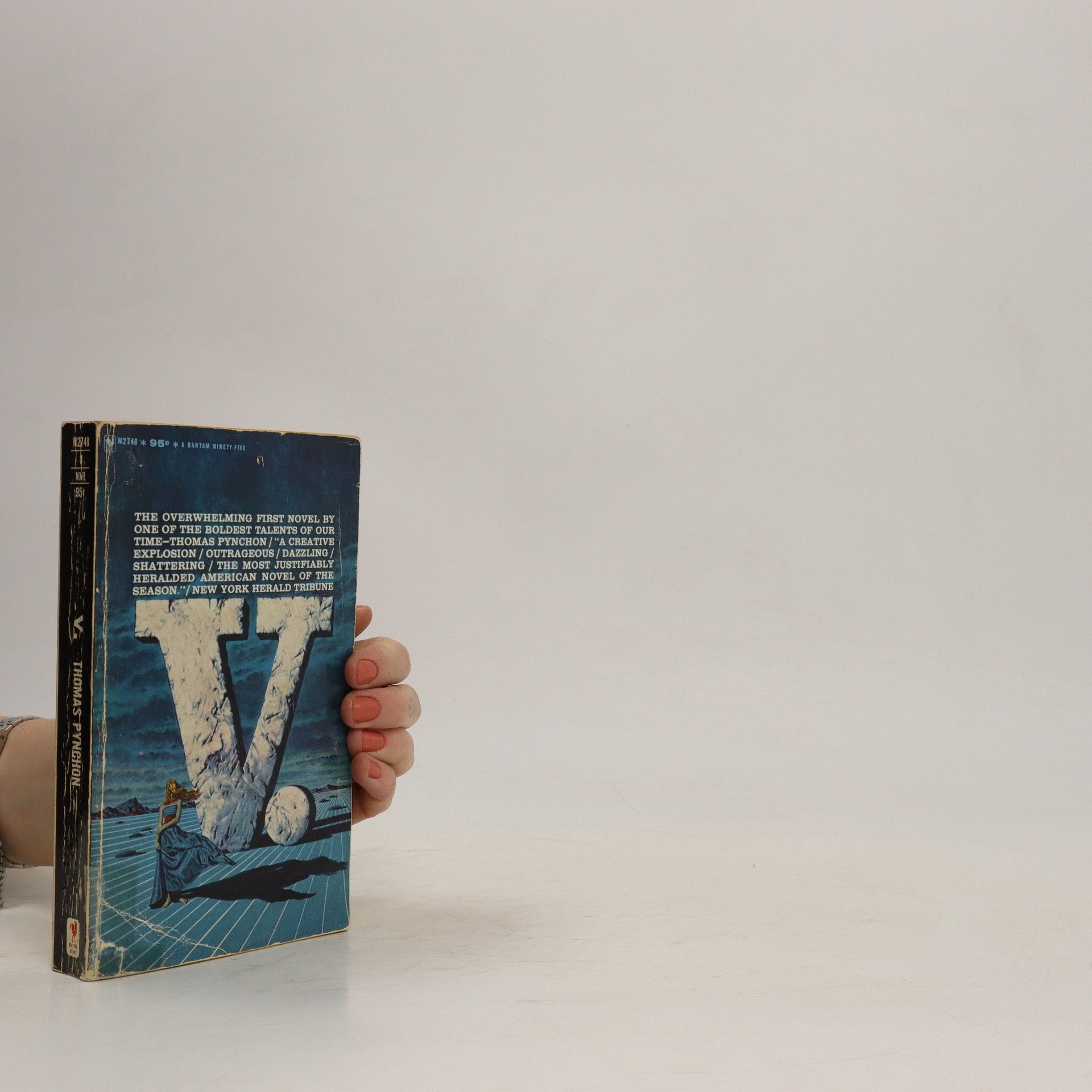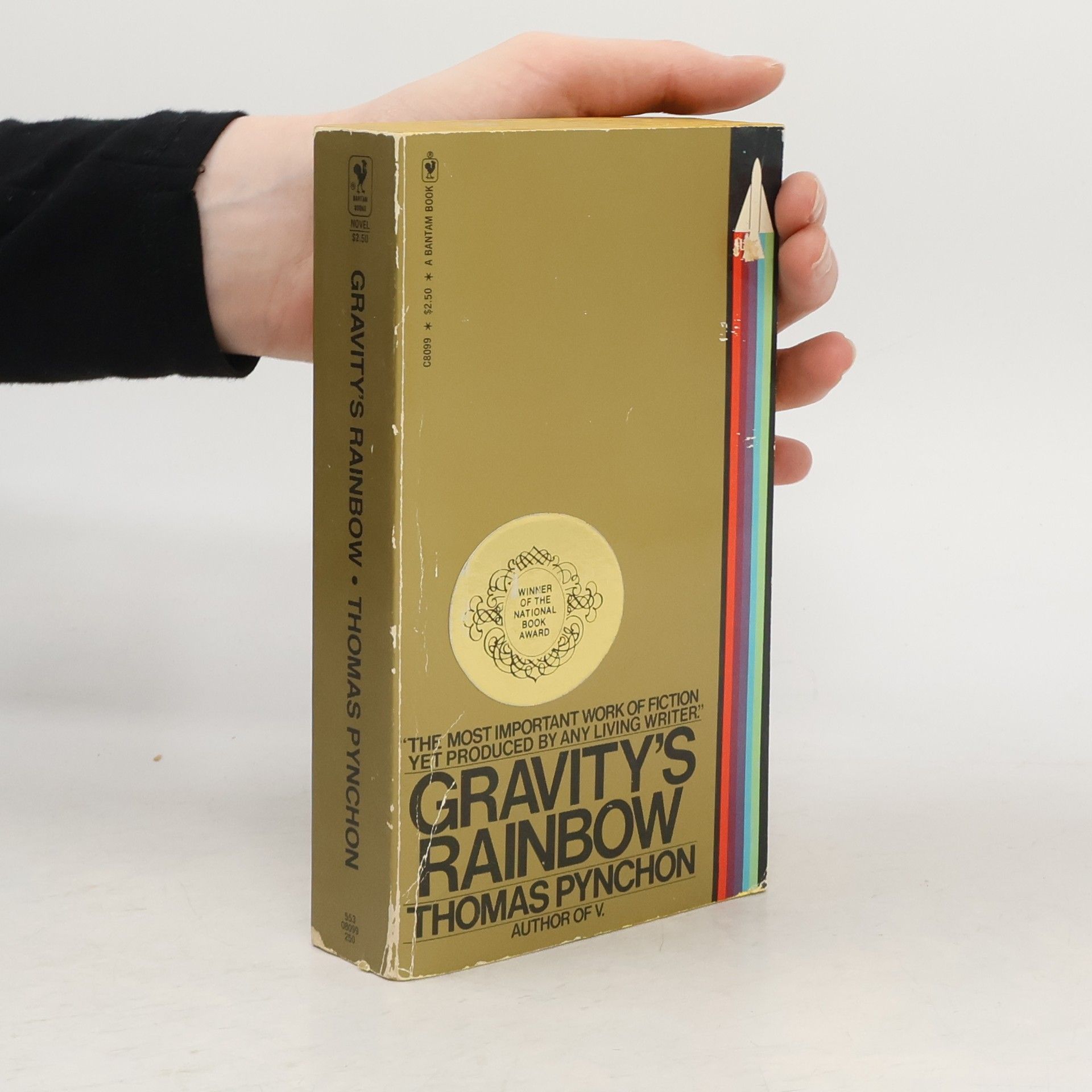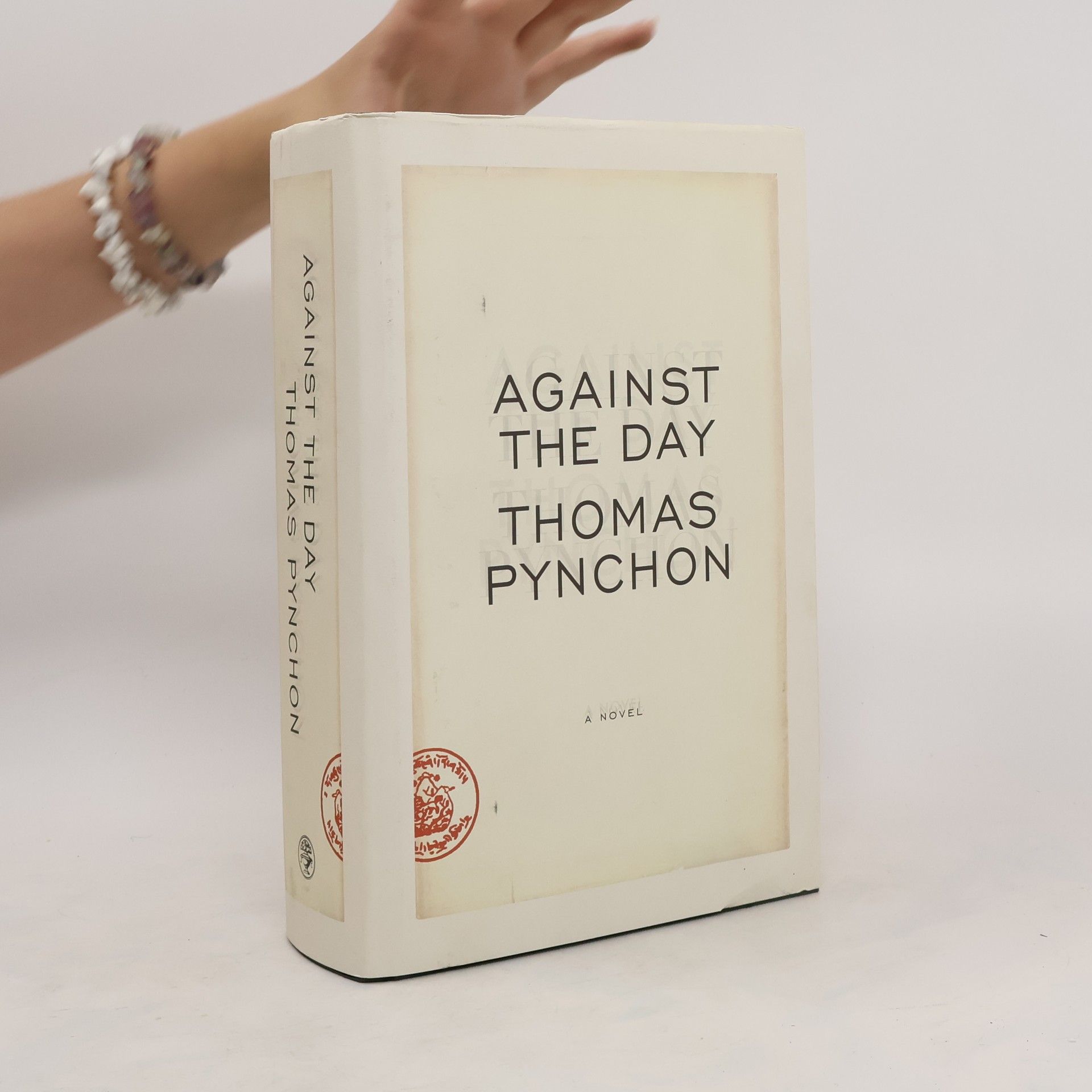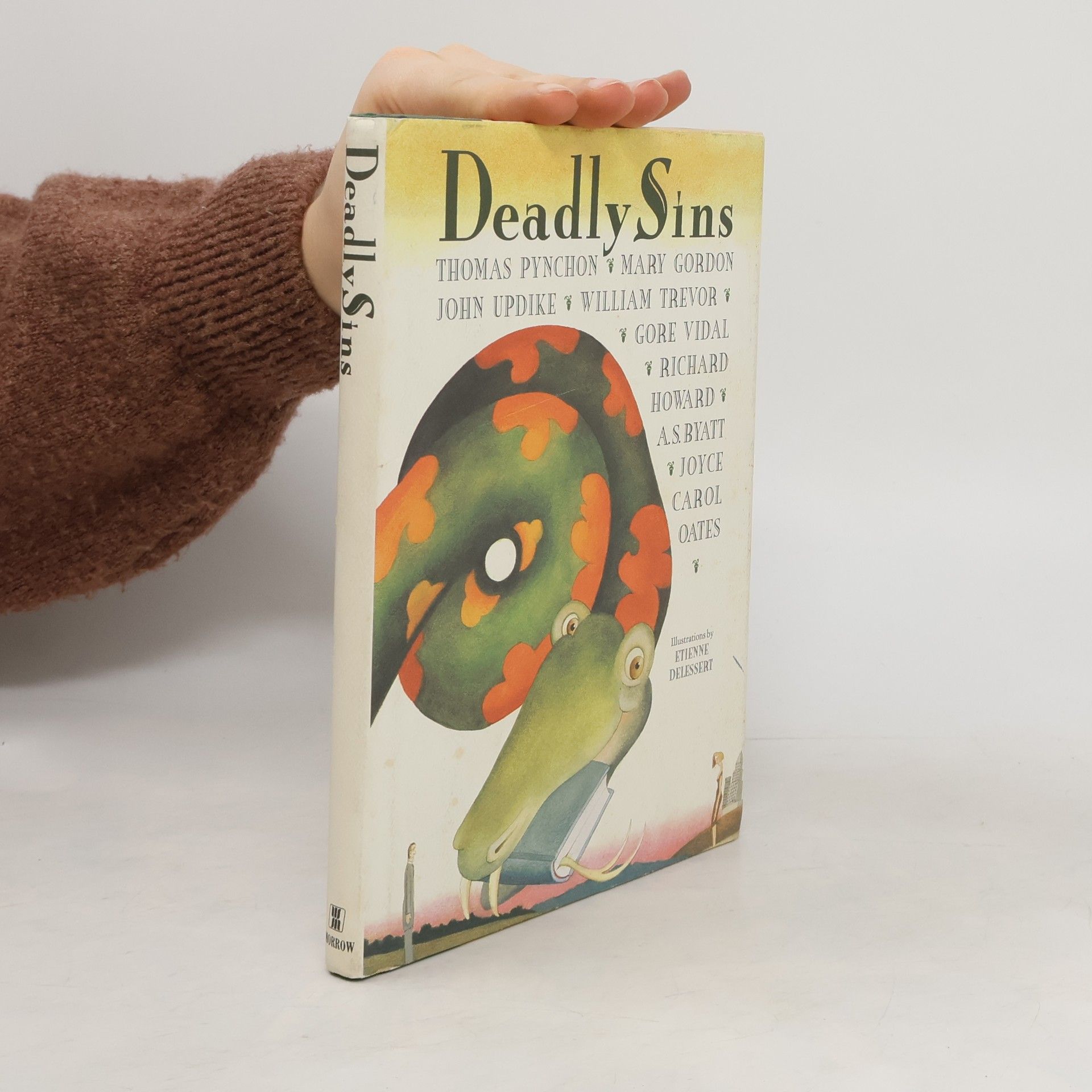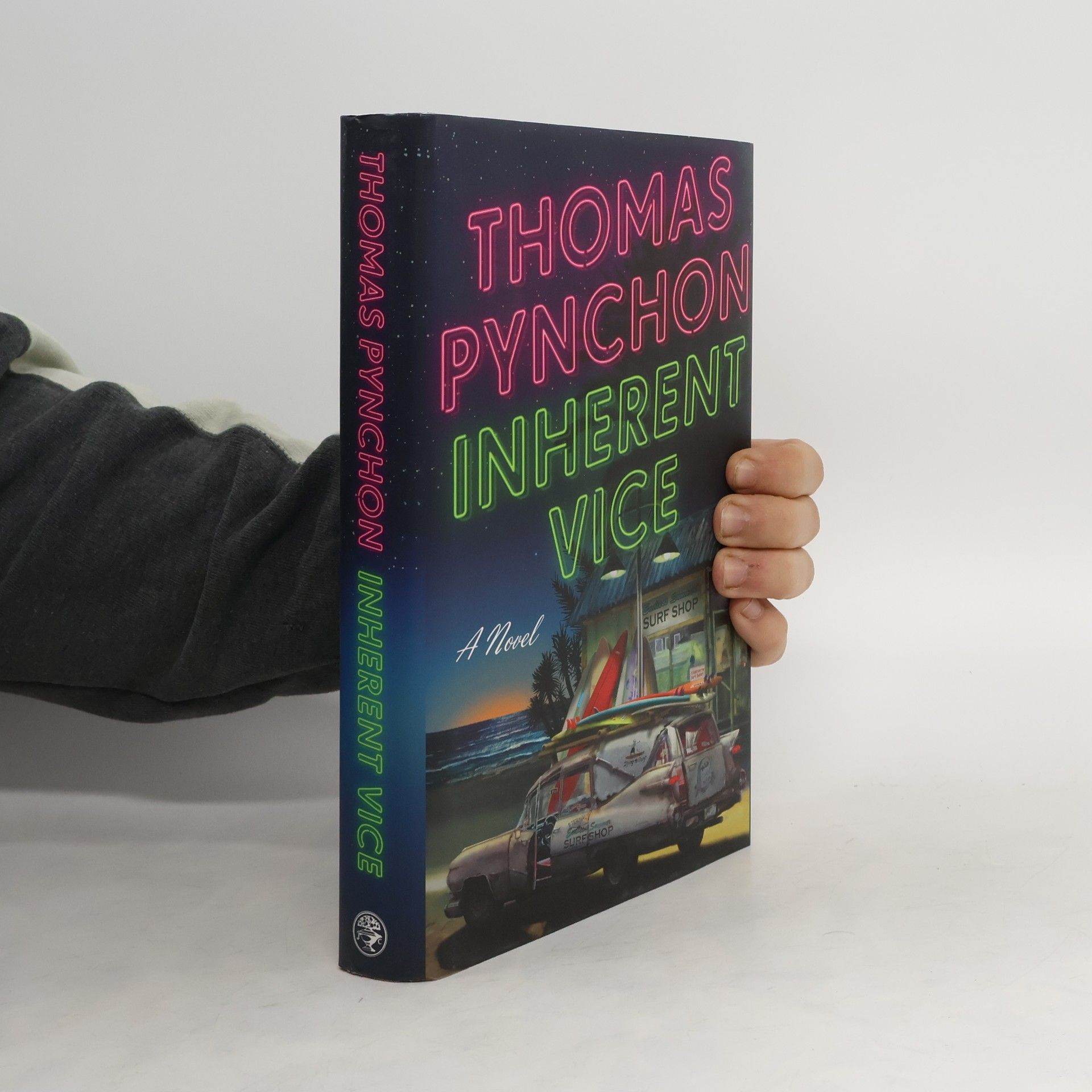1984
- 252 páginas
- 9 horas de lectura
Nominada por los estadounidenses como una de las 100 mejores novelas en la serie de PBS The Great American Read, la obra de Orwell, escrita en 1948, se ha transformado de ciencia ficción a un manifiesto de la realidad. En 1984, Londres es una ciudad sombría donde la Policía del Pensamiento controla la vida de los ciudadanos. Winston Smith, un peón en este sistema opresivo, tiene la tarea de reescribir la historia para ajustarla a la versión oficial del Partido. Sin embargo, su vida da un giro cuando recibe un mensaje de amor de una mujer que apenas conoce, lo que lo lleva a cuestionar la verdad del sistema que los gobierna. Esta obra es un poderoso relato de rebelión y opresión, donde conceptos como "la guerra es paz" y "la libertad es esclavitud" resuenan en la conciencia colectiva. La historia de Winston y su búsqueda de la verdad se convierte en un acto de desafío frente a un régimen totalitario que vigila cada aspecto de la vida. A través de la lucha por la libertad y la autenticidad, se exploran temas de control, identidad y la naturaleza de la realidad en un mundo distópico.

